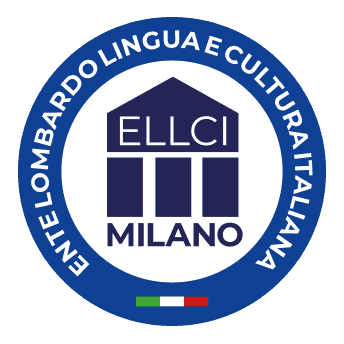
01 Mar
Italian indefinite articles
Indefinite articles, like definite articles, are usually placed before a noun, like this:
un albero – a tree
una lasagna – a lasagna
un’arancia – an orange
un orologio – a watch
Even if you think they are a plus, not using them is wrong and impoverishes our beautiful language. The indefinite article is used only in the singular, for the plural we will have to appeal to the partitive articles (gods, etc) or the adjective “some / some”.
The indefinite article indicates a generic or indefinite thing, which is considered as not yet known, in reference to something or someone introduced in the sentence as a new element.
For example:
“ho visto una ragazza bionda. La ragazza aveva un cane”.
“I saw a blonde girl. The girl had a dog”.
The first article “una”, tells us about an unknown girl and never mentioned before, in this discussion. The next “la” specifies instead that we are talking about that girl, the blonde one just mentioned.
It is also used with an element that is part of a category of people, animals, objects, concepts.
For example:
“Una persona ha telefonato in ufficio”
“A person called the office”
“Hai avuto una bella idea!”
“You had a great idea!”
Indefinite articles agree with the gender of the noun as well as some small details. Let’s see them.
Italian indefinite articles: exercises in pdf
| FEMININE | MASCULINE |
|
Una
Un’ |
Un
Uno
|
Una
It is used in front of female nouns starting with a consonant:
una bicicletta – a bicycle
una suola – a sole
una ragazza – a girl
una giostra – a carousel
una palla – a ball
Un’
Pay attention to the apostrophe (‘), please! It is used in front of female nouns that start with a vowel:
un’altalena – a swing
un’oca – a goose
un’amica – a friend
un’elica – a propeller
un’ora – one hour
Un
It is used in front of masculine nouns starting with a consonant or vowel, like this:
Un libro – a book
Un orologio – a clock
Un video – a video
Un tavolo – a table
Un acino d’uva – a grape
Uno
Used in front of masculine nouns starting with s + consonant, z, x, y, gn, ps, sp
Uno spaghetto – a spaghetti
Uno sciocco – a fool
Uno scialle – a shawl
Uno scuolabus – a school bus
Uno specchio – a mirror
Uno zaino – a shoolbag
Uno zuccherino – a sugar one
Uno xilofono – a xylophone
Uno yogurt – a yogurt
Uno gnomo – a gnome
Uno psicologo – a psychologist
Now you just have to complete the exercises in pdf! Download them, do them carefully and send them to us, one of the ELLCI teachers will correct them for you.
